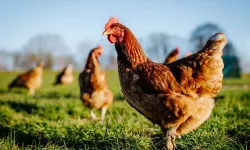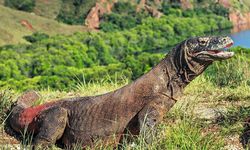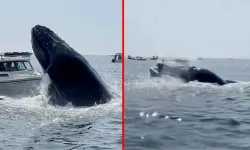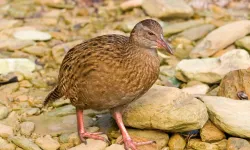Humans may have been deprived of a longer life because of dinosaurs.
According to microbiologist Joao Pedro de Magalhaes from the University of Birmingham, the age dominated by dinosaurs completely changed the evolutionary trajectory of almost every mammal on Earth, refocusing evolutionary efforts on rapid reproduction instead of long life.
Rapid reproduction proved to be much more useful for keeping a species alive.
"My hypothesis is that such a long evolutionary pressure on early mammals for rapid reproduction led to the loss or inactivation of genes and pathways associated with longevity," De Magalhaes wrote in his paper published in BioEssays.
I call this the 'longevity bottleneck hypothesis' and it is supported by the absence of regenerative traits in mammals."
"ALL MAMMALS LIVE UNDER GENETIC CONSTRAINTS"
Noting that humans (along with elephants and whales) theoretically have the potential to outlive most other mammals, de Magalhaes said that all mammals still live under genetic constraints dating back to the dinosaurs.
The pressure to survive has eliminated the genes necessary for long life.
Referring to reptiles and other animals whose biological aging process is much slower than mammals, de Magalhaes hypothesizes that during the Mesozoic Era, mammals either lost or deactivated genes associated with longevity.
"FORCED TO LIVE AT THE BOTTOM OF THE FOOD CHAIN"
"Some of the earliest mammals were forced to live at the bottom of the food chain and evolved to survive through rapid reproduction for 100 million years, possibly during the age of dinosaurs.
I propose that this long period of evolutionary pressure had an impact on the way we humans age."
Of course, de Magalhaes noted that this is just a hypothesis, but he thinks it could have significant explanatory power.
"There are many intriguing angles to address this issue. Including the possibility that cancer is more common in mammals than in other species because of the rapid aging process," Magalhaes said.
If dinosaurs really are to blame for our rapid aging, at least we have the last laugh.















